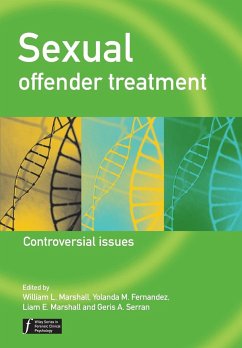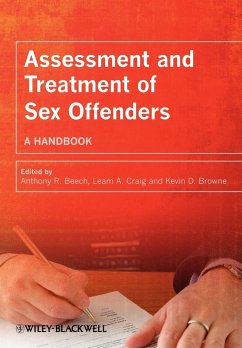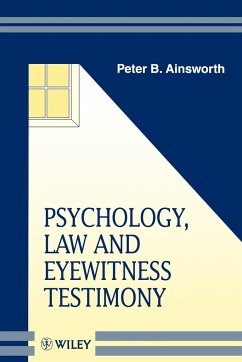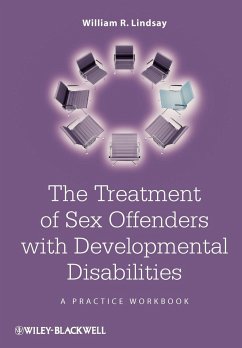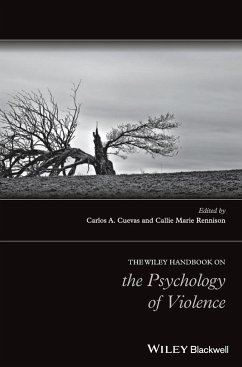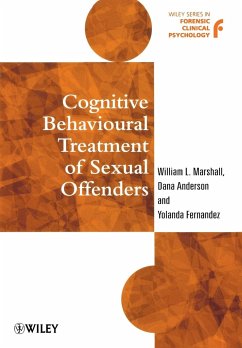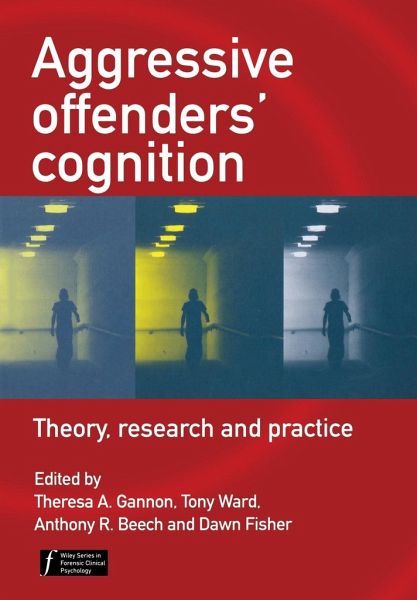
Aggressive Offenders' Cognition
Theory, Research, and Practice
Herausgegeben von Gannon, Theresa A.; Ward, Tony; Beech, Anthony R.; Fisher, Dawn

PAYBACK Punkte
40 °P sammeln!
The book focuses specifically on aggressive offenders and is divided into two parts. Part I deals with sexual abusers whilst Part II is concerned with violent offenders. Each part discusses theory, latest research and treatment related information. Emphasis is placed on discussing cognition in context i.e.
Aggressive Offenders' Cognition: Theory, Research and Treatment is the first book in its field to comprehensively examine offenders' social cognition. Focusing specifically on aggressive offenders, the book collates the theory, research and practice relating to offenders' social cognition in one authoritative volume.
The book addresses two different categories of aggressive offender. The first part of the book addresses sexual abusers, identifying theory, research and practice related to child sexual abusers' as well as rapists' social cognition. The second part focuses on theory, research and treatment-related information specific to violent offenders. This subdivision of content offers readers a source of reference on offenders' cognition that is context-specific, and focussed.
Aggressive Offenders' Cognition: Theory, Research and Treatment is an invaluable source of reference as well as a practical handbook for professionals working with offenders, especially clinical forensic psychologists.
The book addresses two different categories of aggressive offender. The first part of the book addresses sexual abusers, identifying theory, research and practice related to child sexual abusers' as well as rapists' social cognition. The second part focuses on theory, research and treatment-related information specific to violent offenders. This subdivision of content offers readers a source of reference on offenders' cognition that is context-specific, and focussed.
Aggressive Offenders' Cognition: Theory, Research and Treatment is an invaluable source of reference as well as a practical handbook for professionals working with offenders, especially clinical forensic psychologists.



